Introduction to Chess AI as a Training Tool
Chess, one of the oldest and most complex board games, has been a field where artificial intelligence (AI) has not only tested its capabilities but has also provided immense value to players worldwide. From casual enthusiasts to professional grandmasters, chess AI technologies have transformed the way players refine their strategies, analyze games, and understand chess theories. This article explores the multifaceted roles of chess AI, how it can be utilized as an ultimate assistant in enhancing your game, and the various types of AI-assisted training tools available.
The Evolution of Chess AI
The journey of chess AI began in the mid-20th century, but it gained significant attention in 1997 when IBM's Deep Blue defeated then World Chess Champion Garry Kasparov. Since then, the technology has evolved exponentially from simple programmed algorithms to advanced neural networks capable of self-learning, as seen in systems like Google’s AlphaZero. These advancements have made chess AI more accessible and beneficial for all players.
Enhancements in AI Chess Engines
Modern chess engines, such as Stockfish and Komodo, are more than just competitors. They are now developed with advanced algorithms that can evaluate millions of positions per second, providing unparalleled insights into chess tactics and strategy. These engines adjust their playing strength and offer a range of features including different playing styles and adaptive responsive strategies tailored to challenge and teach players of varying skill levels.
Using Chess AI for Strategic Improvement
Chess AI can be an invaluable tool for strategic improvement, providing analysis and feedback that is objective and deeply insightful. By playing against a chess AI, players receive instant feedback on their moves, allowing them to understand better their strengths and weaknesses.
Detailed Game Analysis
Post-game analysis is crucial for improving in chess. AI-driven analysis provides detailed reviews of played games, highlighting key moves and crucial mistakes. It also suggests better moves and plans that could have changed the outcome of the game. This objective assessment helps players to learn from their errors and improve their decision-making process.
Opening and Endgame Mastery
The study of openings and endgames is vital in chess. AI can help players master these complex phases of the game by simulating various scenarios and providing statistics on move effectiveness. AI databases contain vast volumes of historical game data, allowing players to study and rehearse successful strategies employed by top players.
Practical Tools and Applications
Several practical tools and applications are incorporating chess AI, making it accessible to the masses. These range from mobile apps to fully integrated computer software, each equipped with various functionalities that cater to different aspects of learning and playing chess.
Interactive Chess Tutorials and Puzzles
Many chess learning platforms utilize AI to provide interactive tutorials and puzzles tailored to the skill level of the player. This personalization makes learning engaging and efficient as the difficulty level adjusts based on the player's performance.
Remote Coaching
AI-powered platforms also enable remote coaching where players can receive guidance from coaches who analyze their played games through AI tools. This method significantly enhances the learning curve as it combines professional human insights with detailed AI analysis.
Limitations and Ethical Considerations
Despite its numerous benefits, reliance on chess AI has certain limitations and ethical considerations. Over-reliance on AI assistance can hinder a player’s ability to develop intuitive skills. Ethically, the use of AI in tournaments and its potential to replace human coaches in some areas generates debate. Understanding these factors is crucial to integrating AI in a balanced and ethical manner.
Conclusion
Chess AI has become an indispensable tool in the arsenal of modern chess training and playing strategies. By leveraging the power of artificial intelligence, players can enhance their understanding of the game, learn from comprehensive feedback, and continually challenge themselves. Whether you are a beginner or a professional, integrating AI into your chess training regimen can significantly aid in sharpening your skills and competitive edge.
Explore our large collection of luxurious chess sets!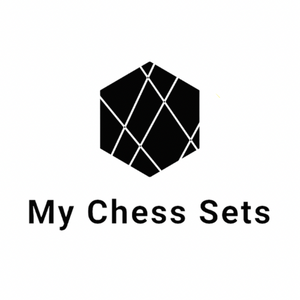
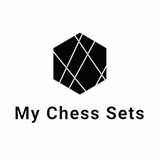
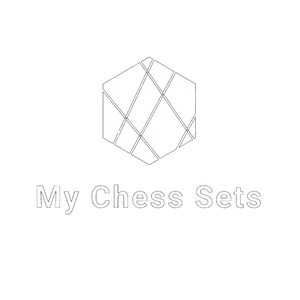


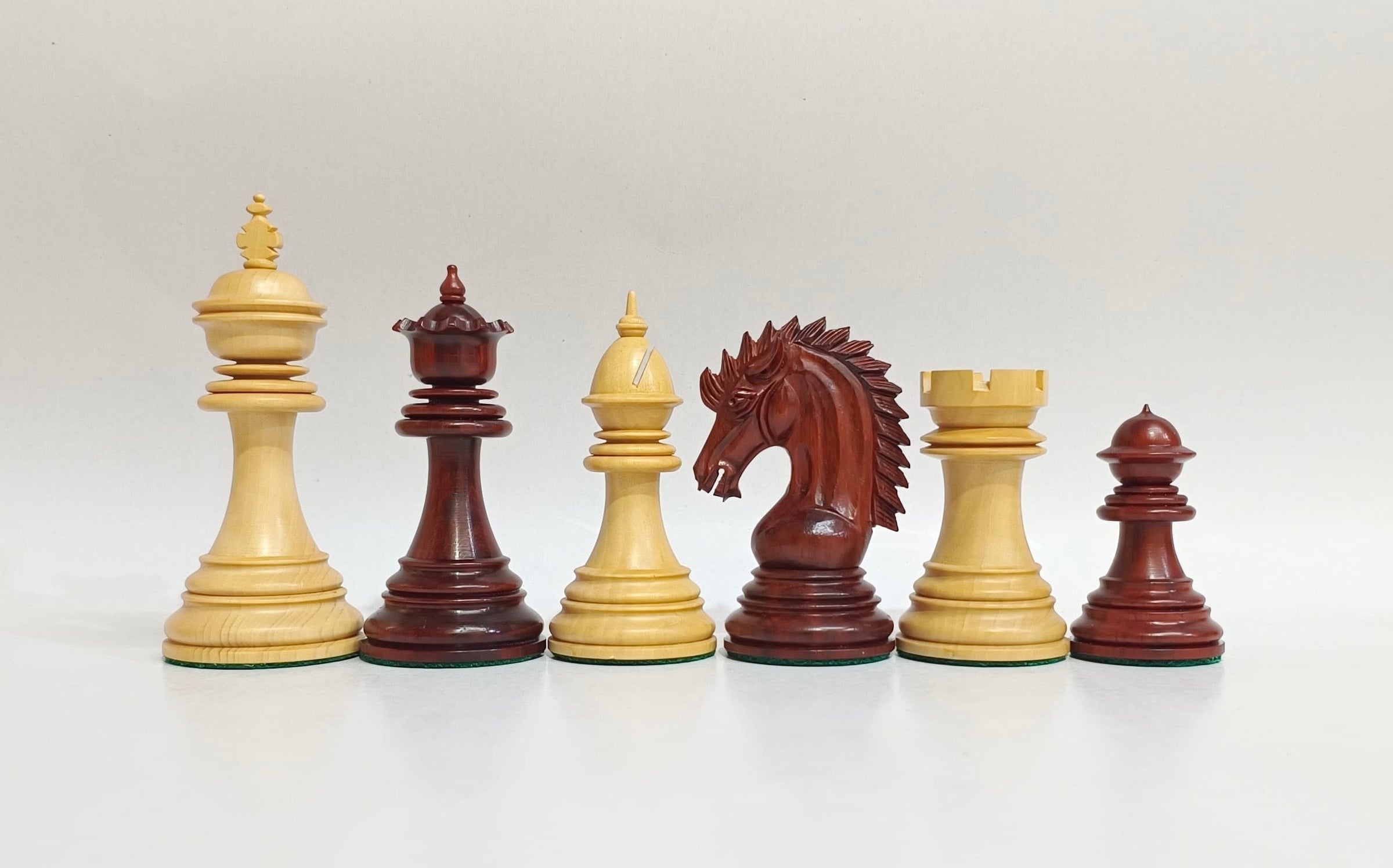
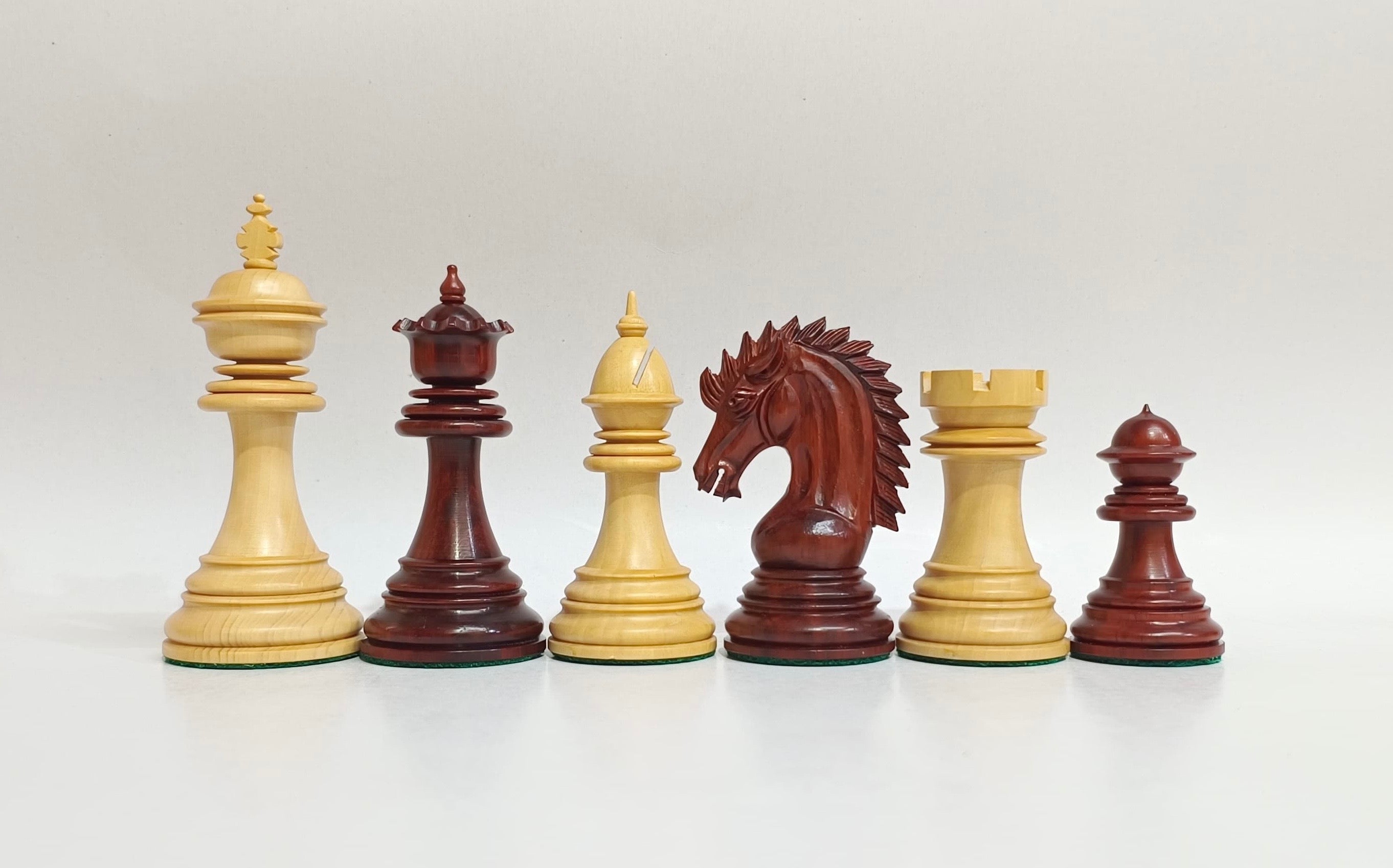
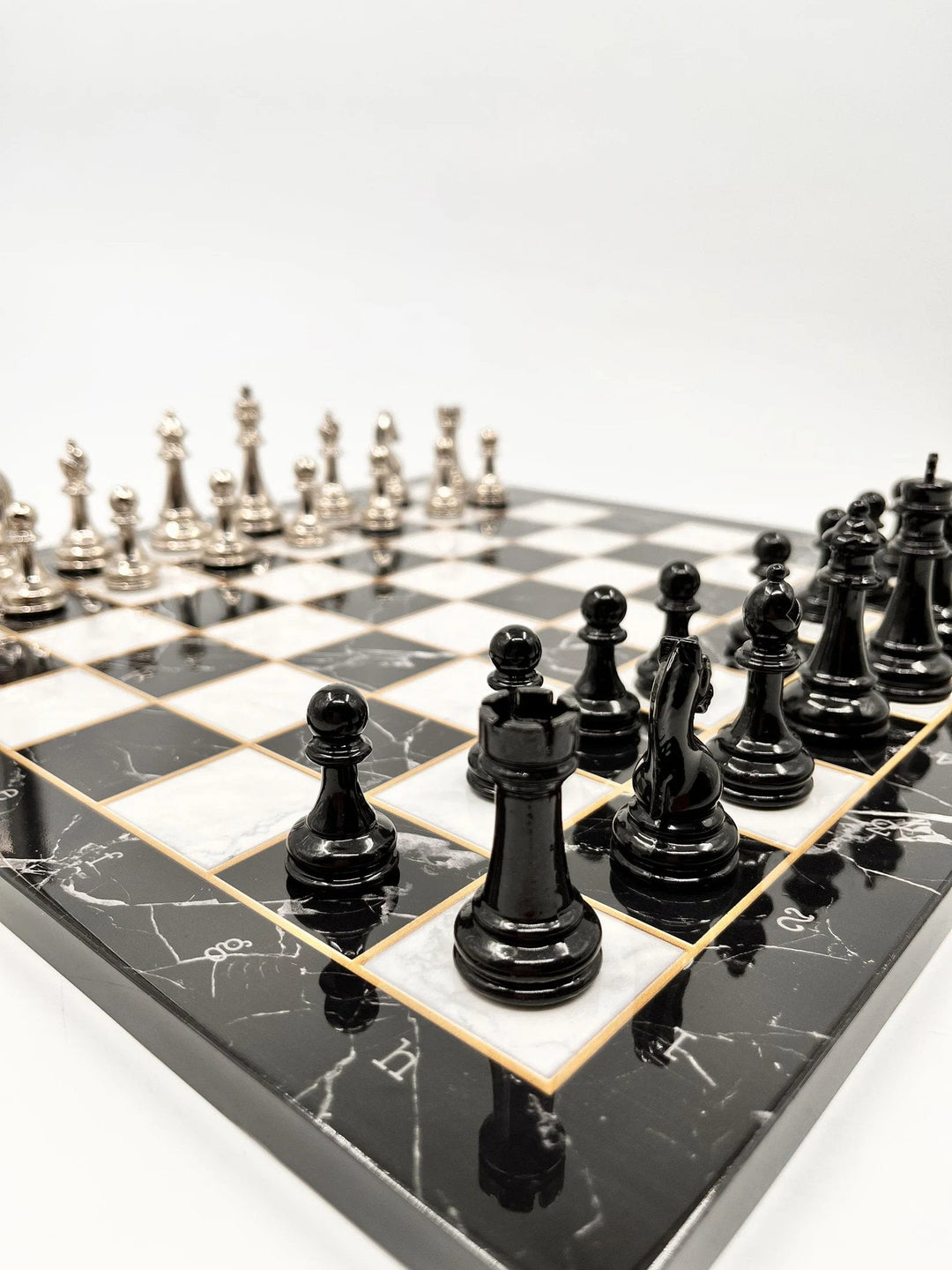

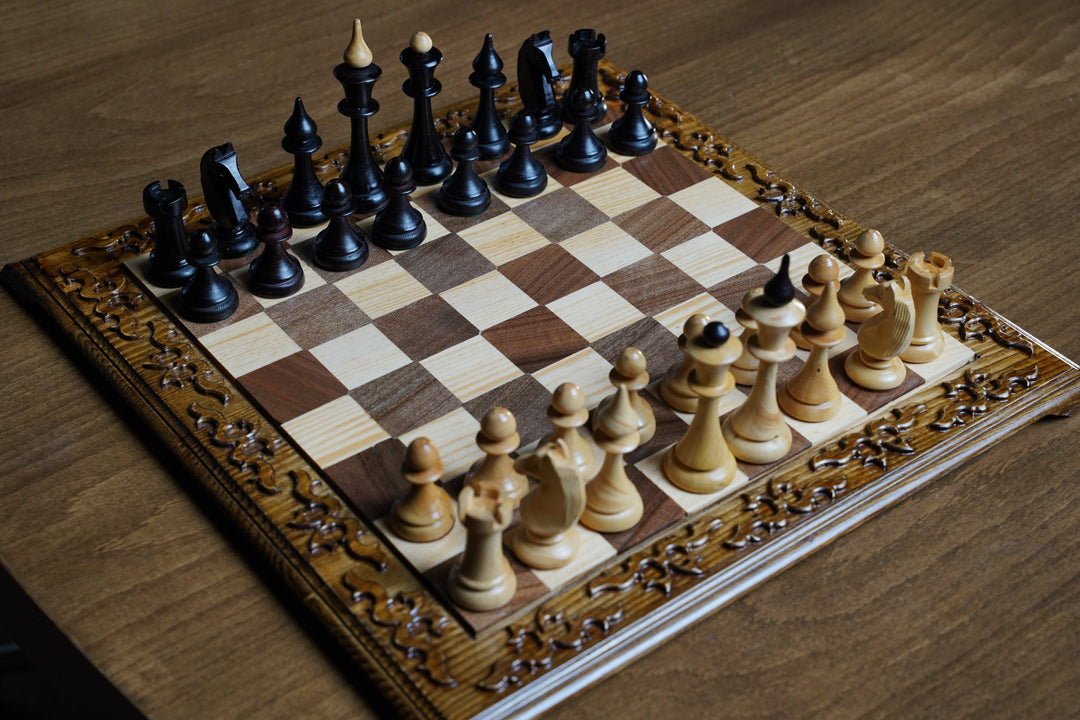
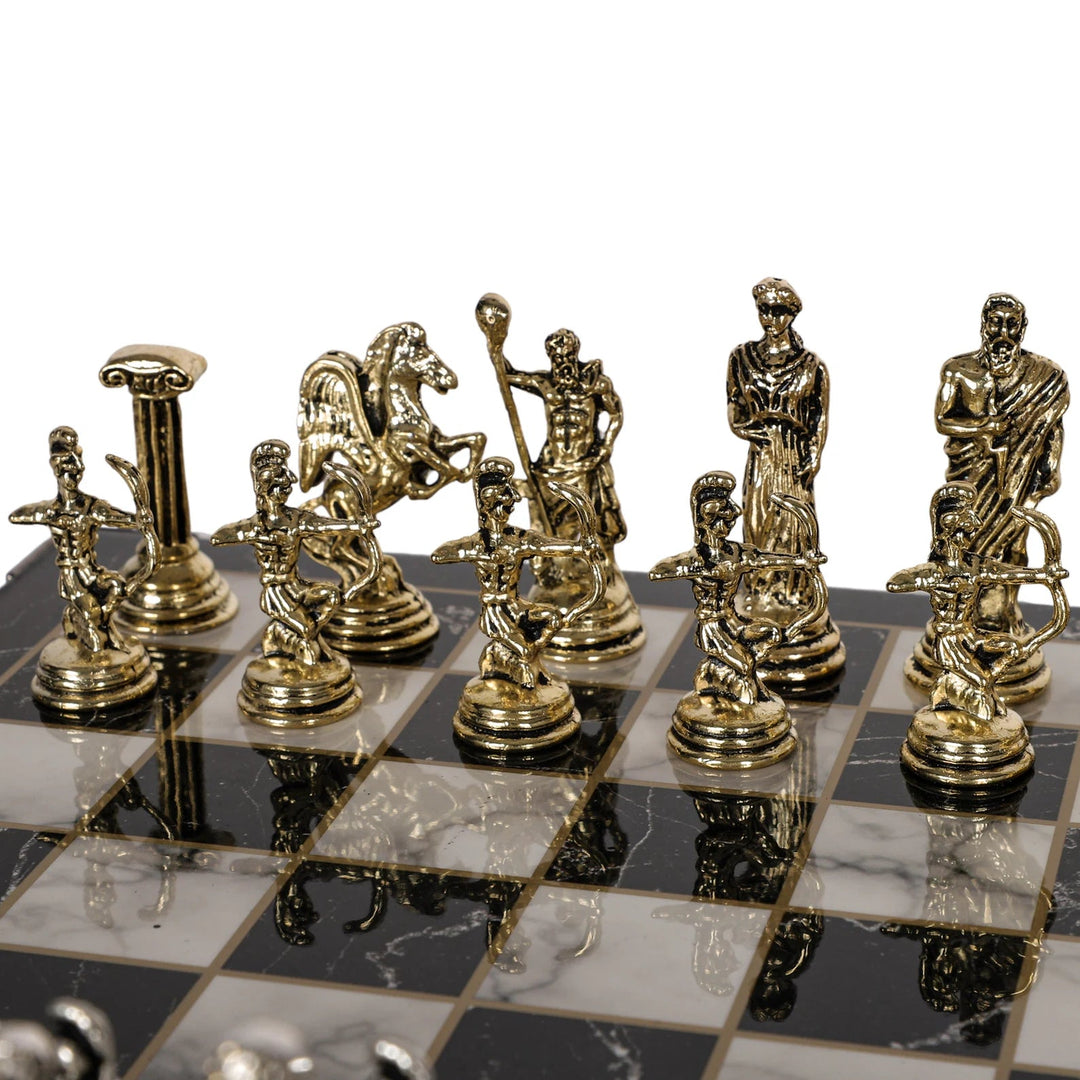
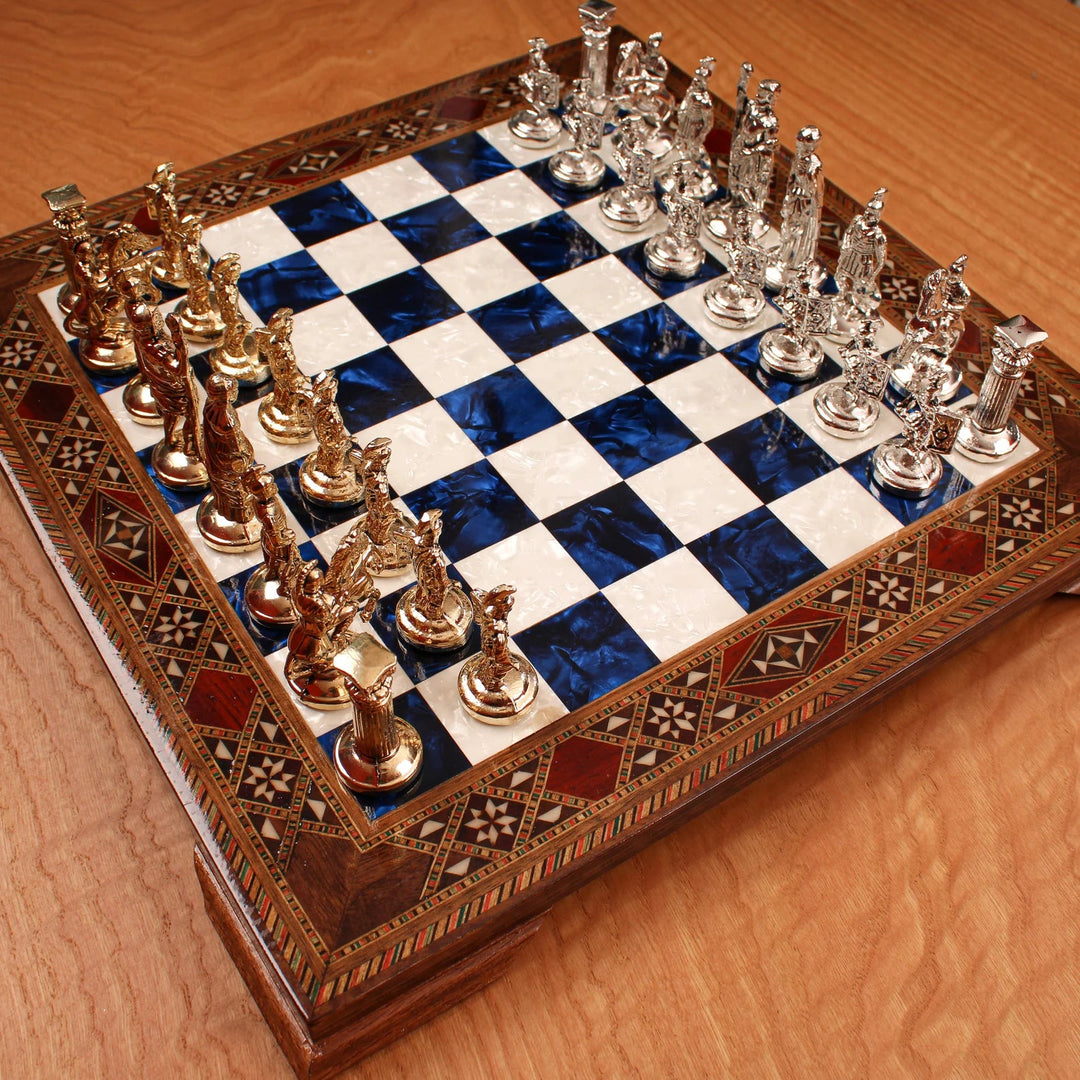





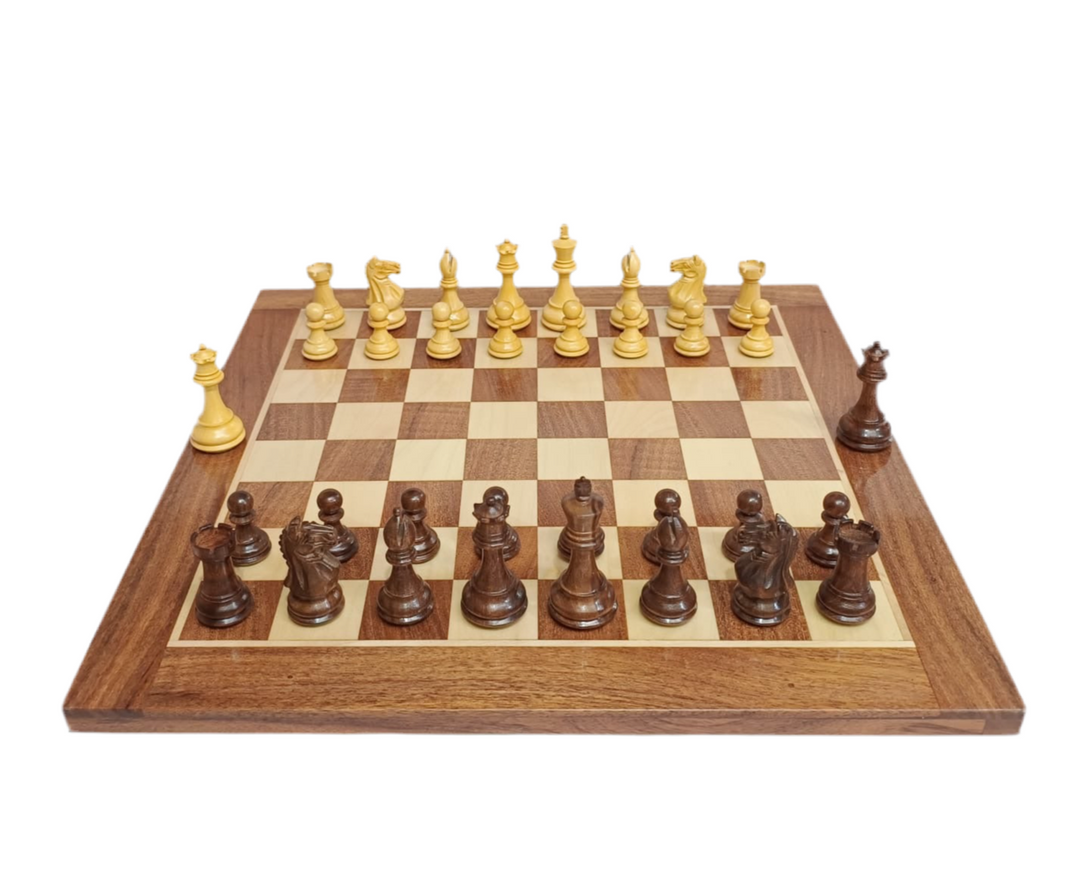
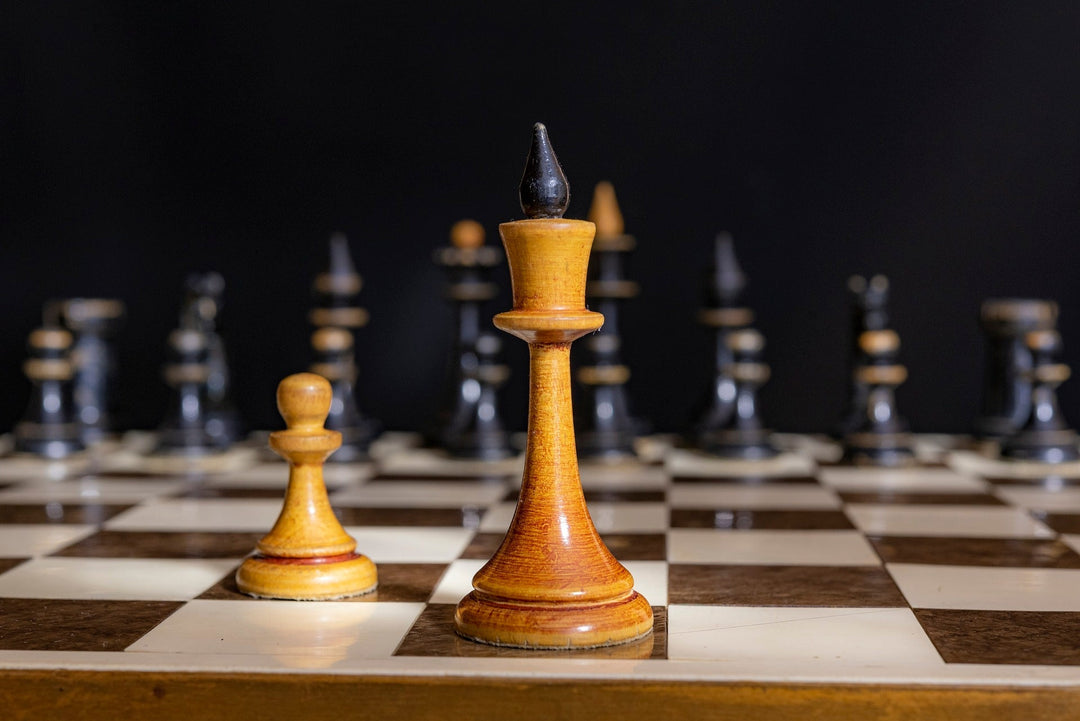
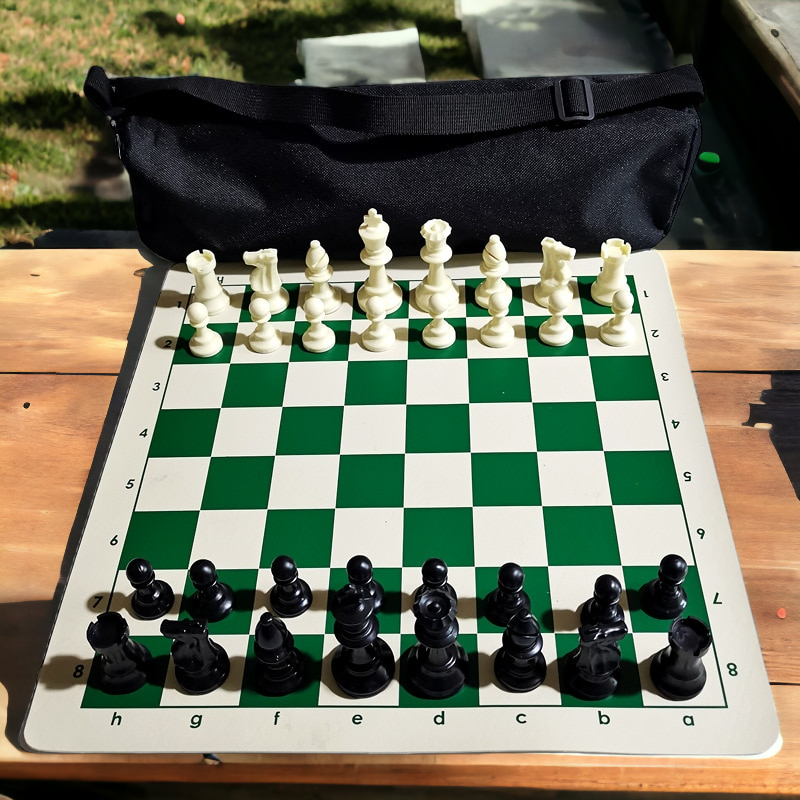

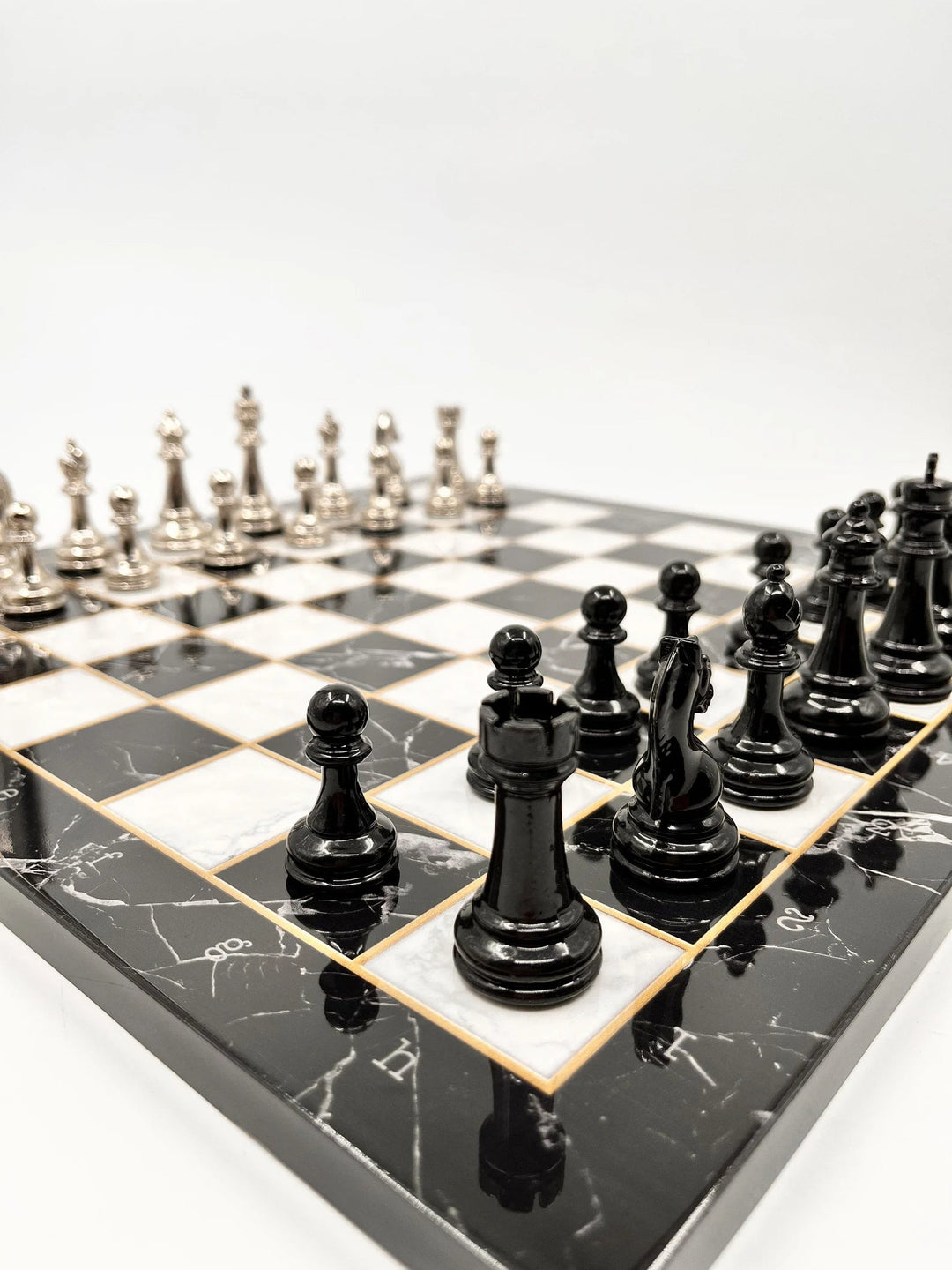
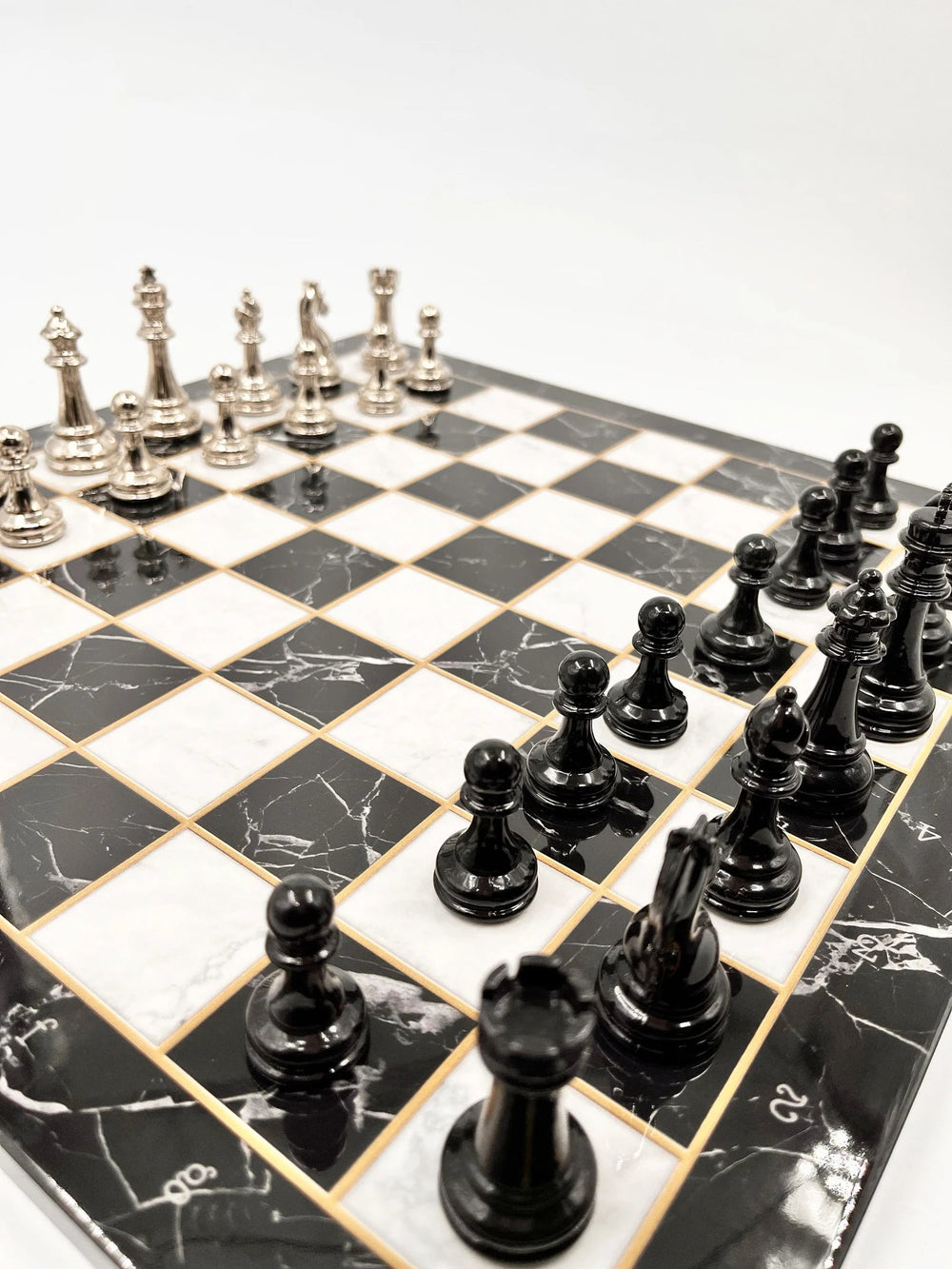
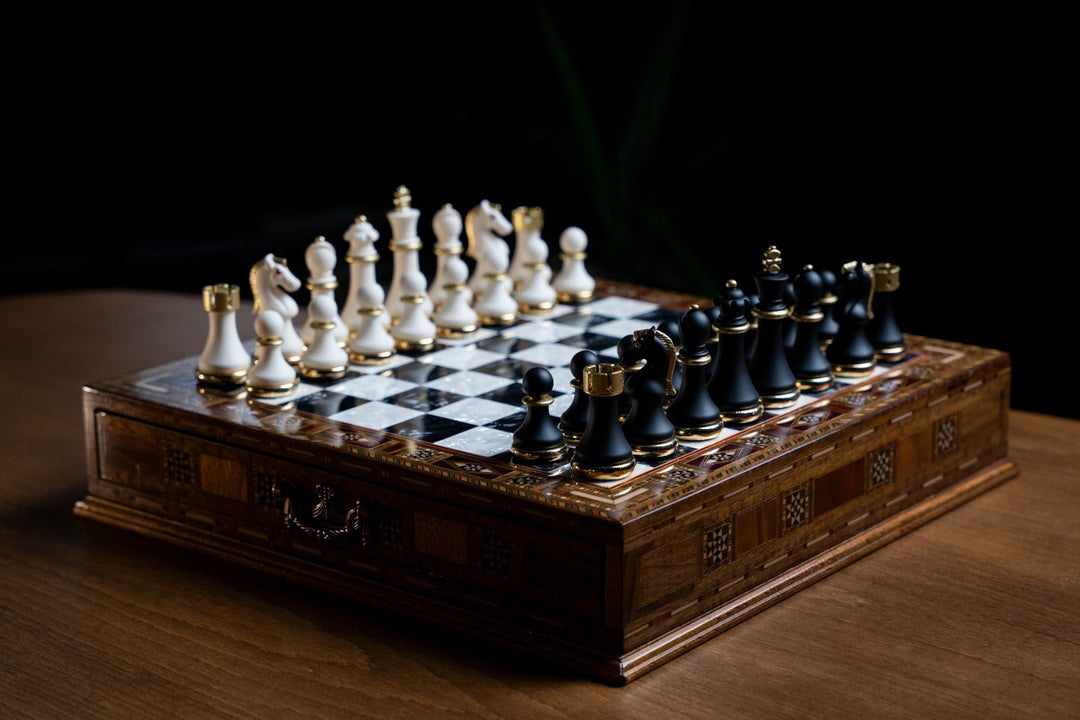
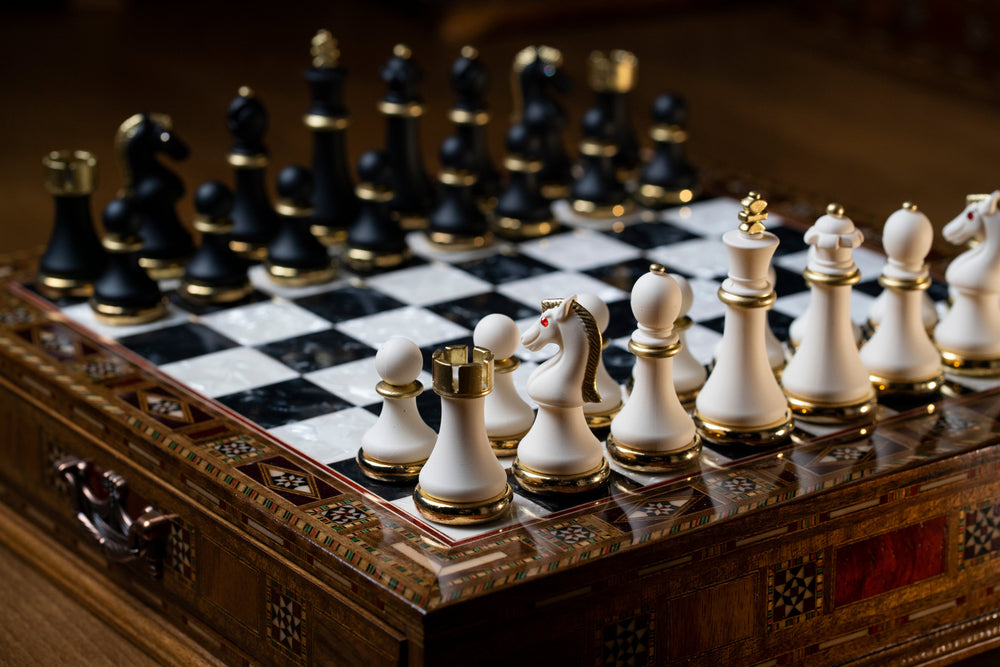
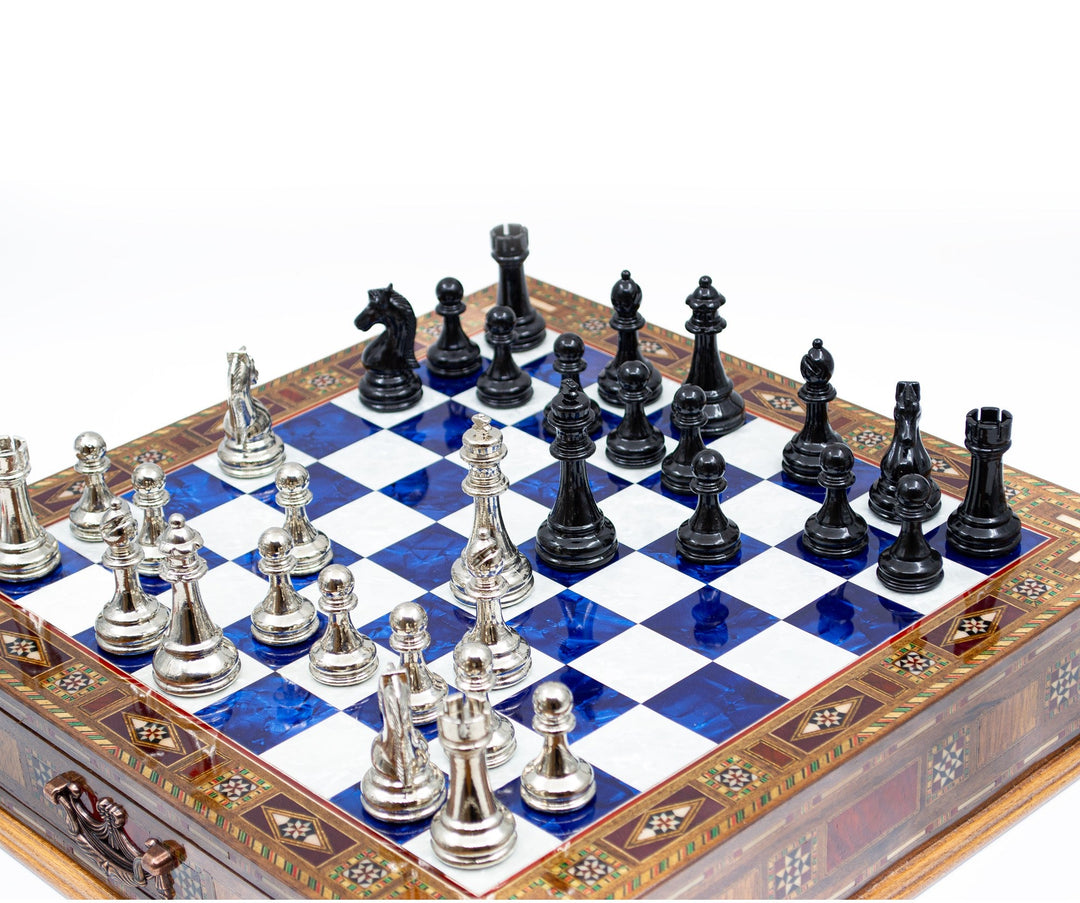
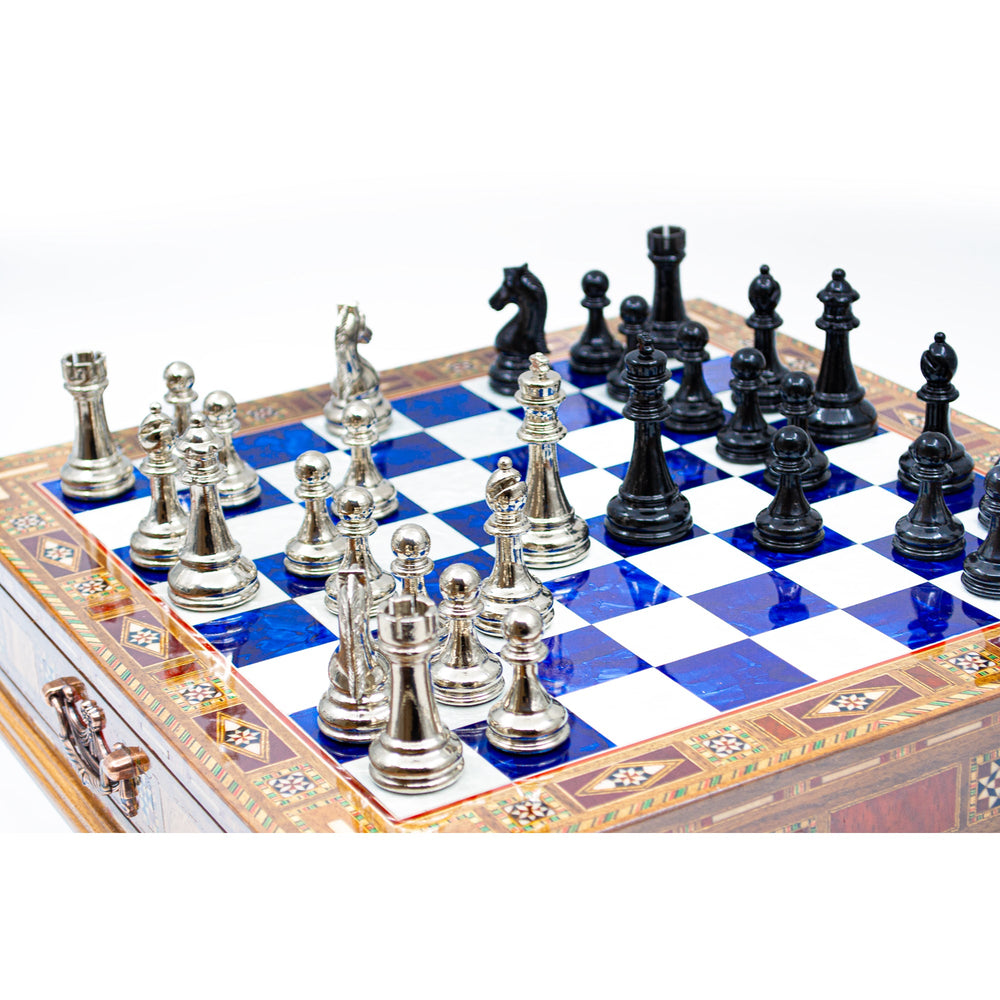
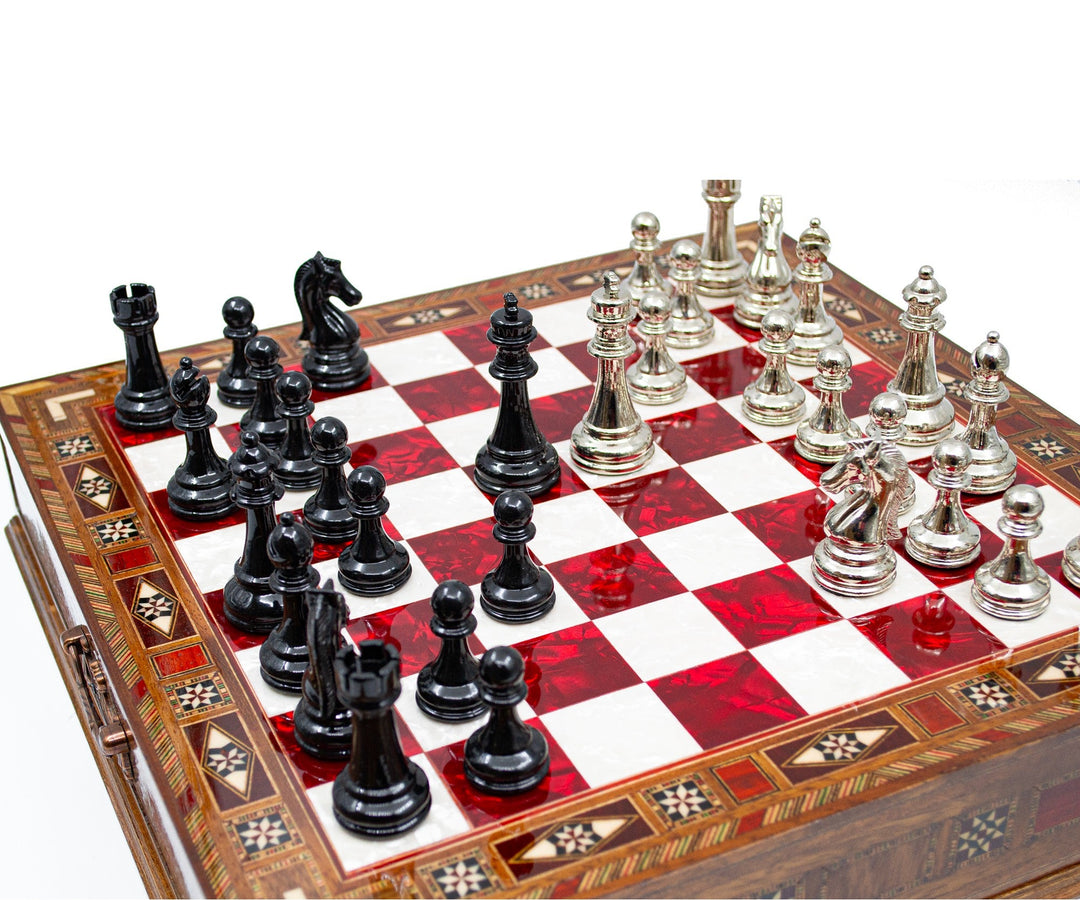
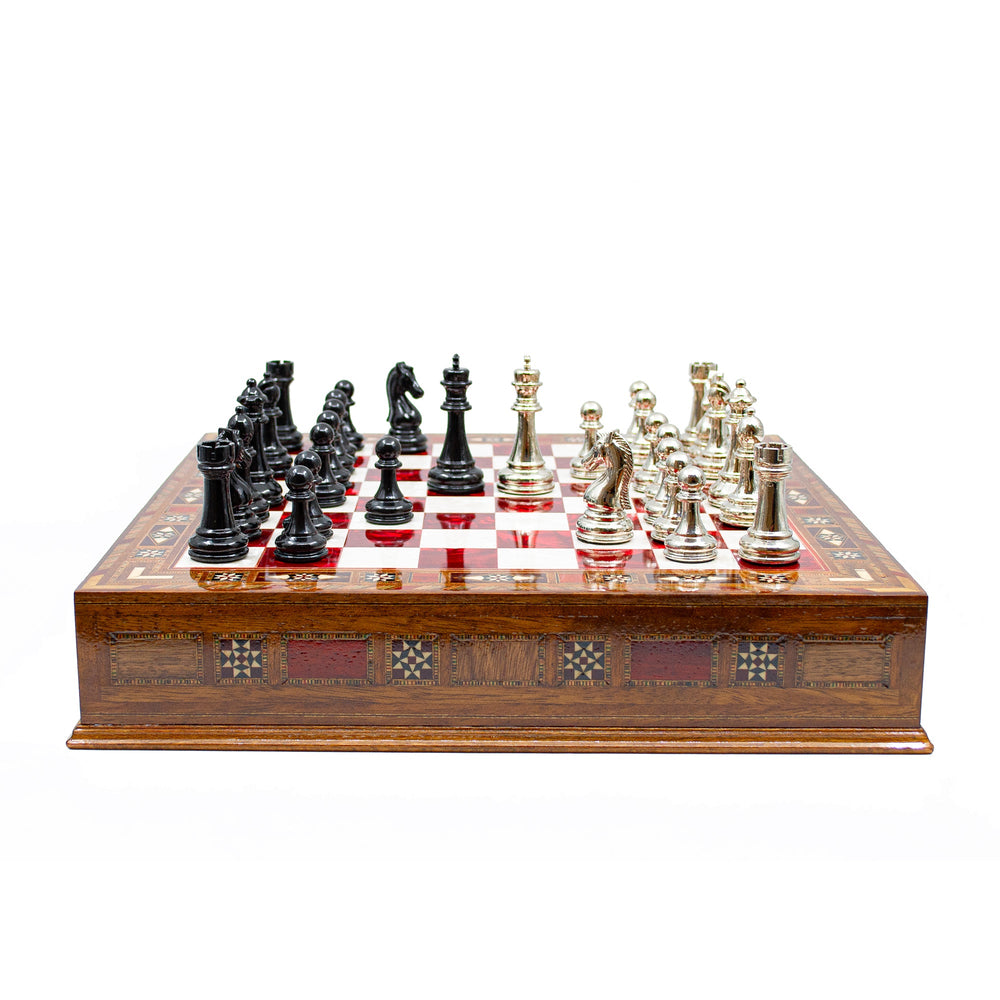
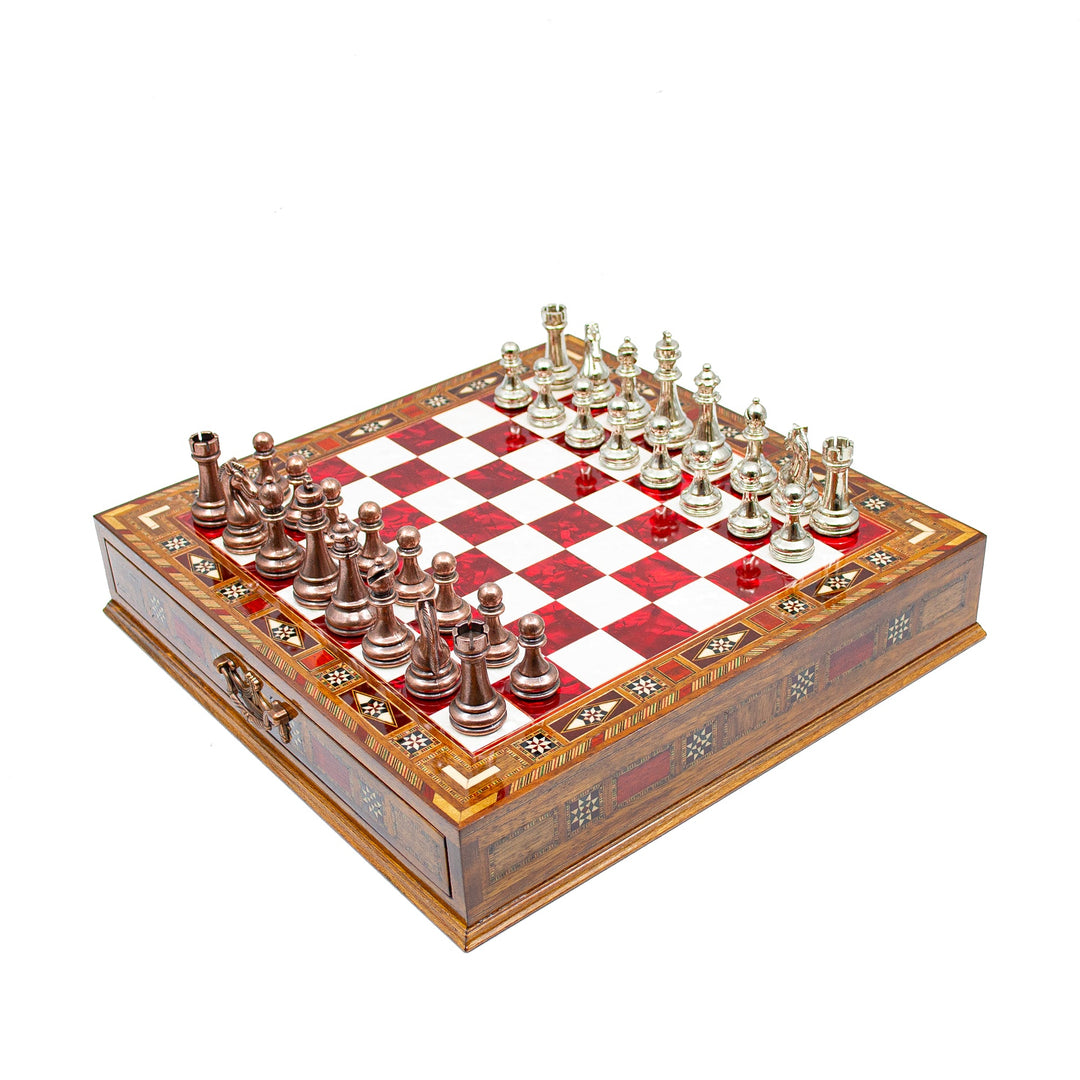
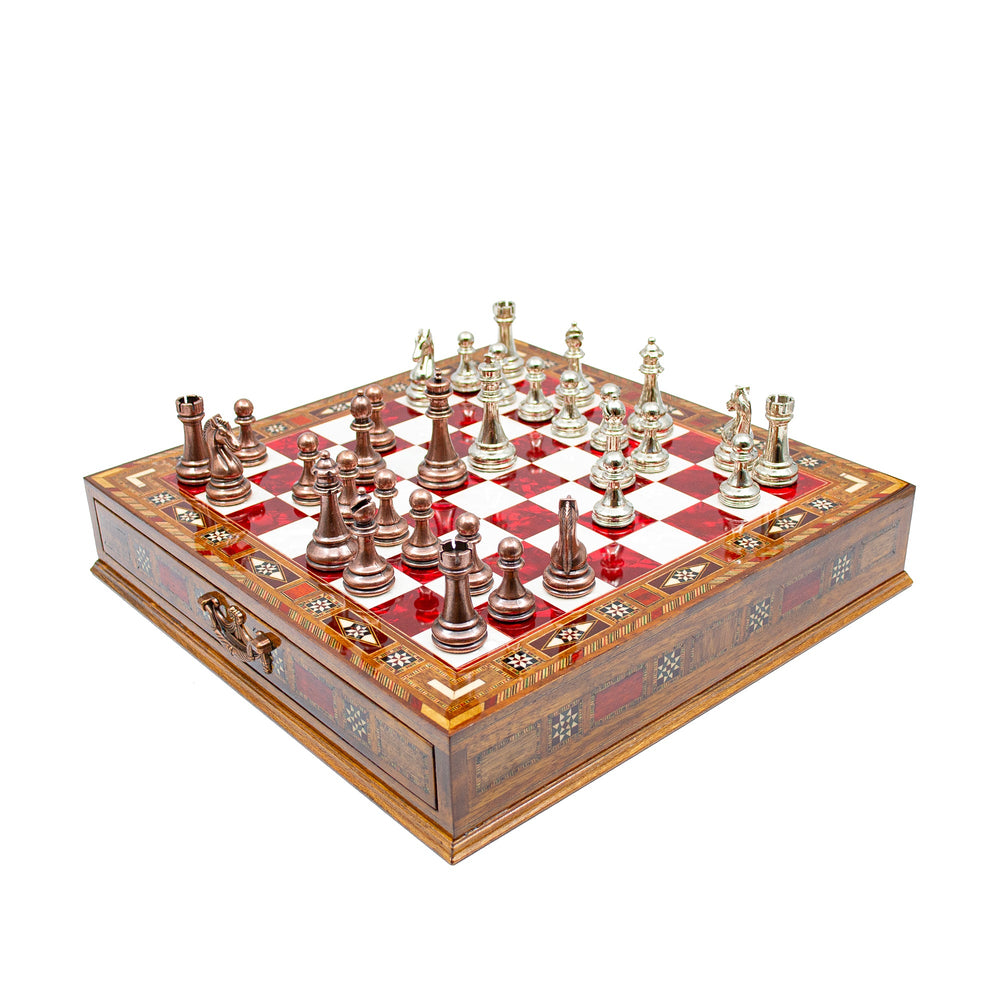
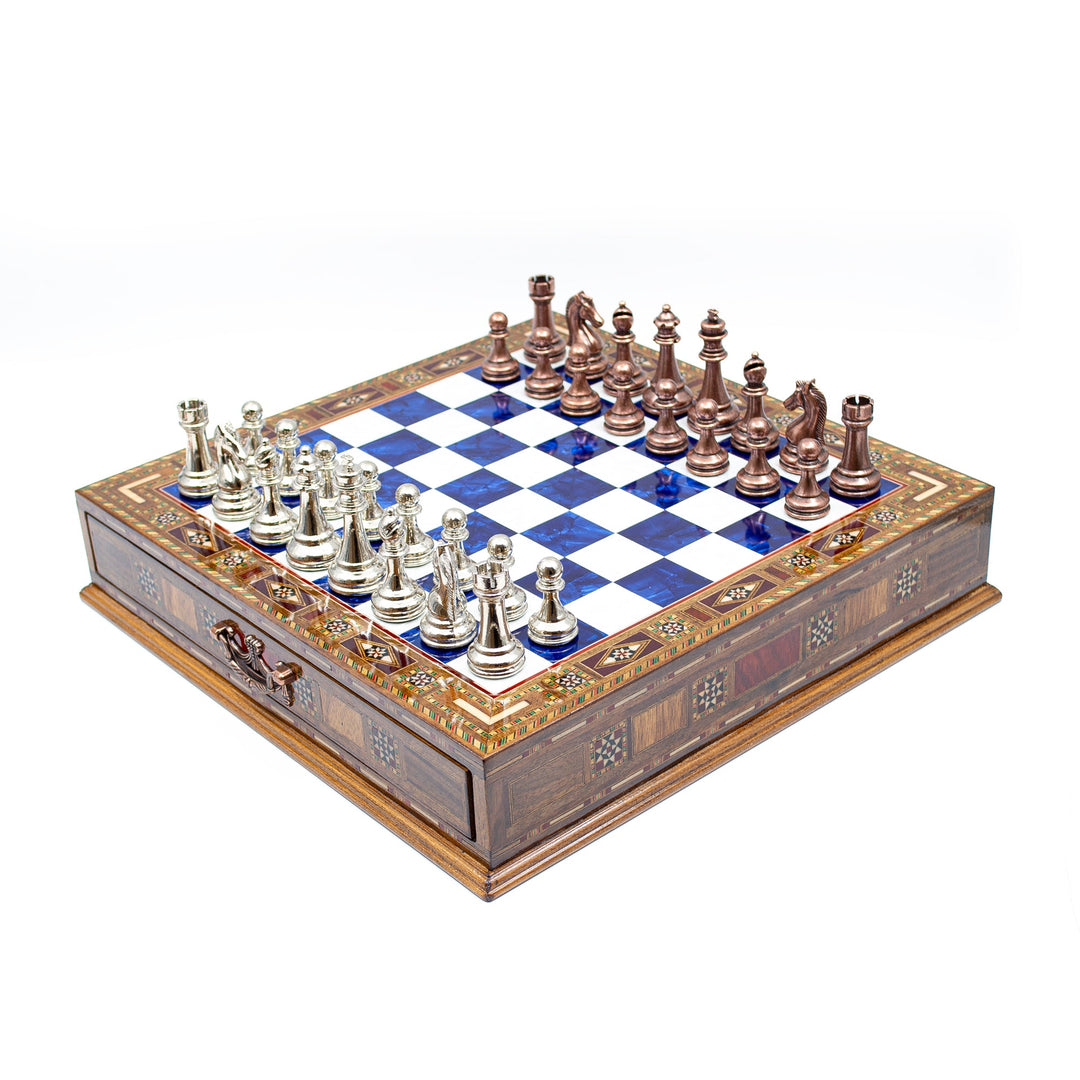
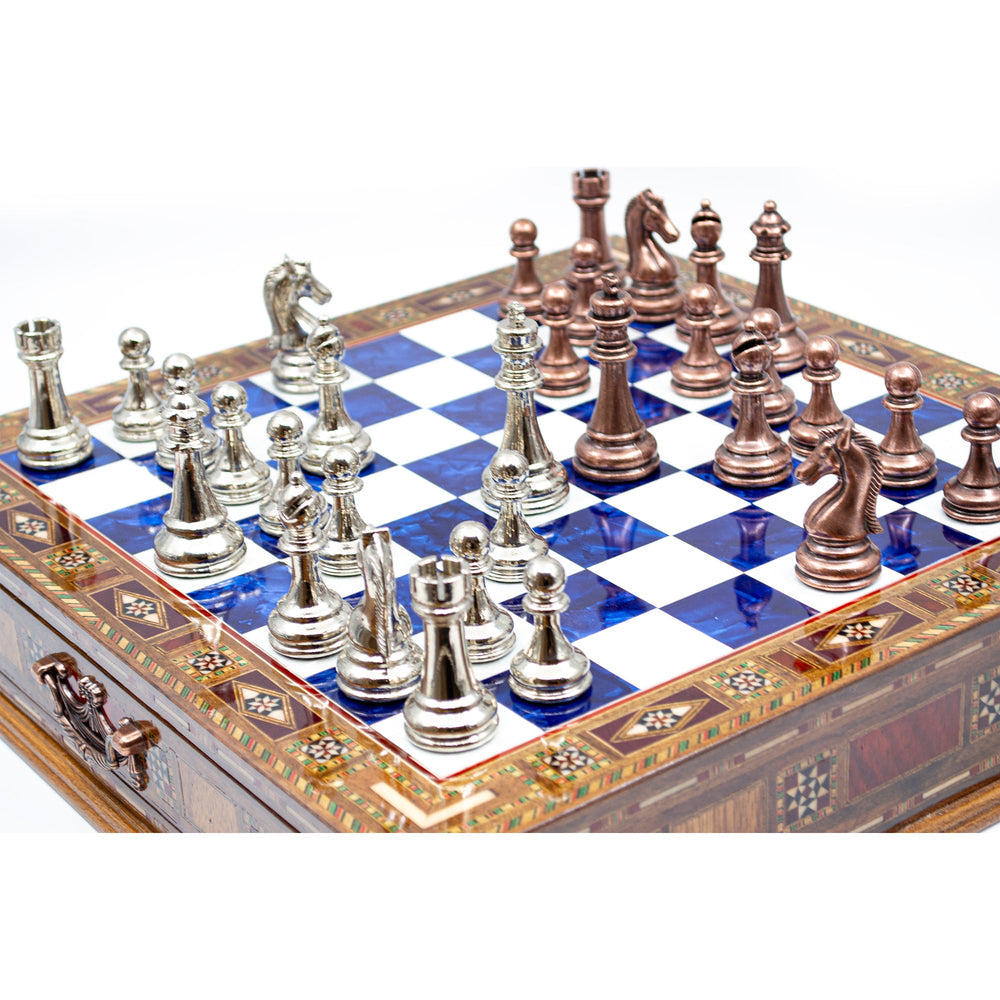


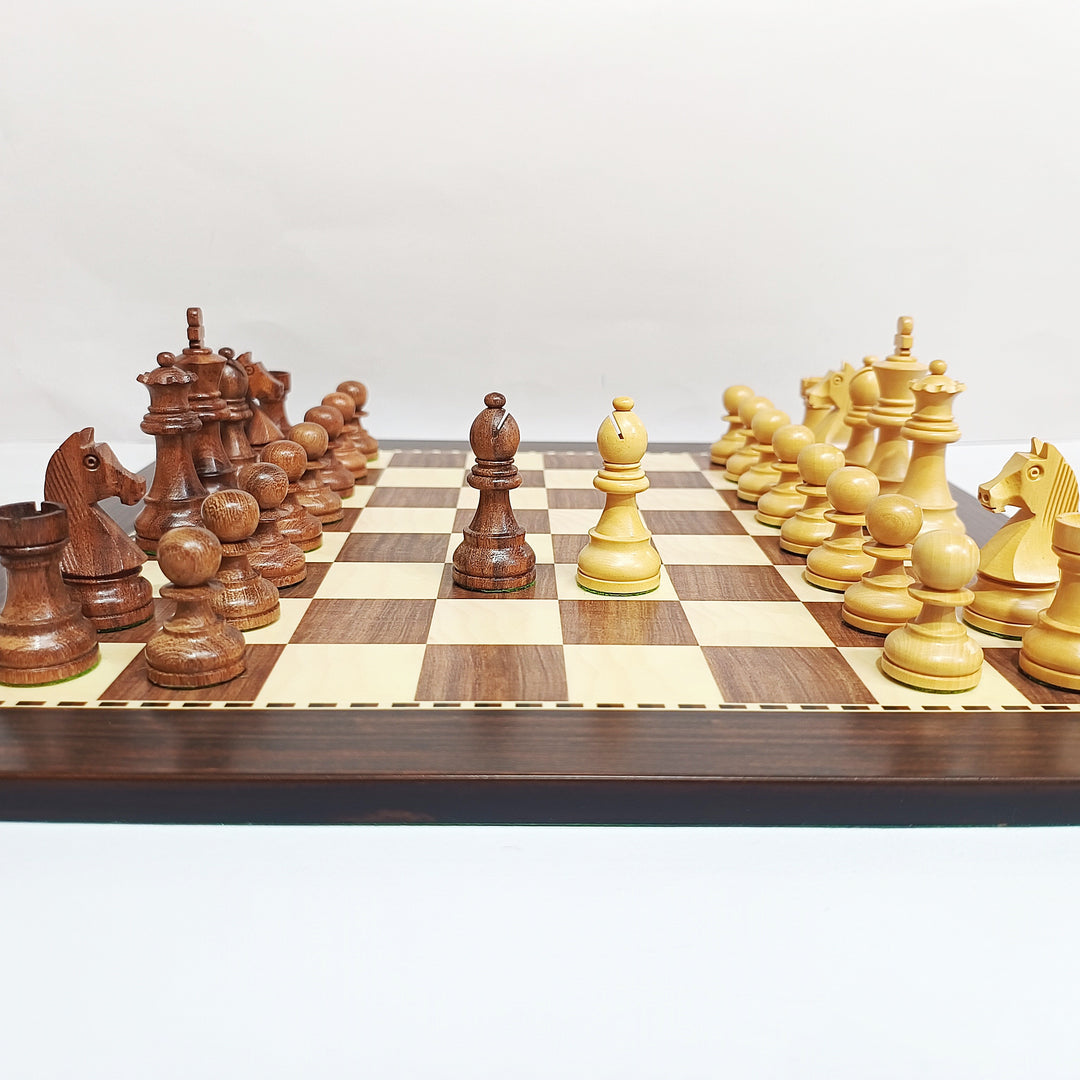
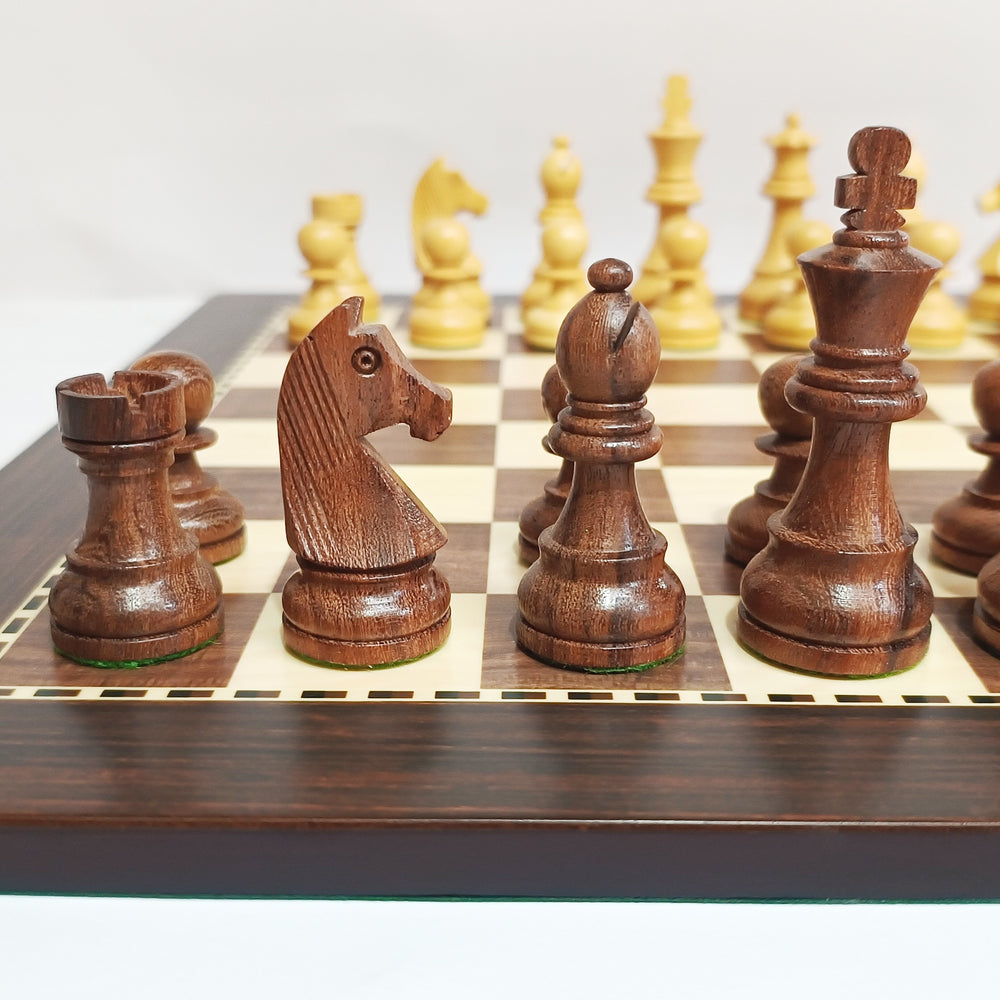
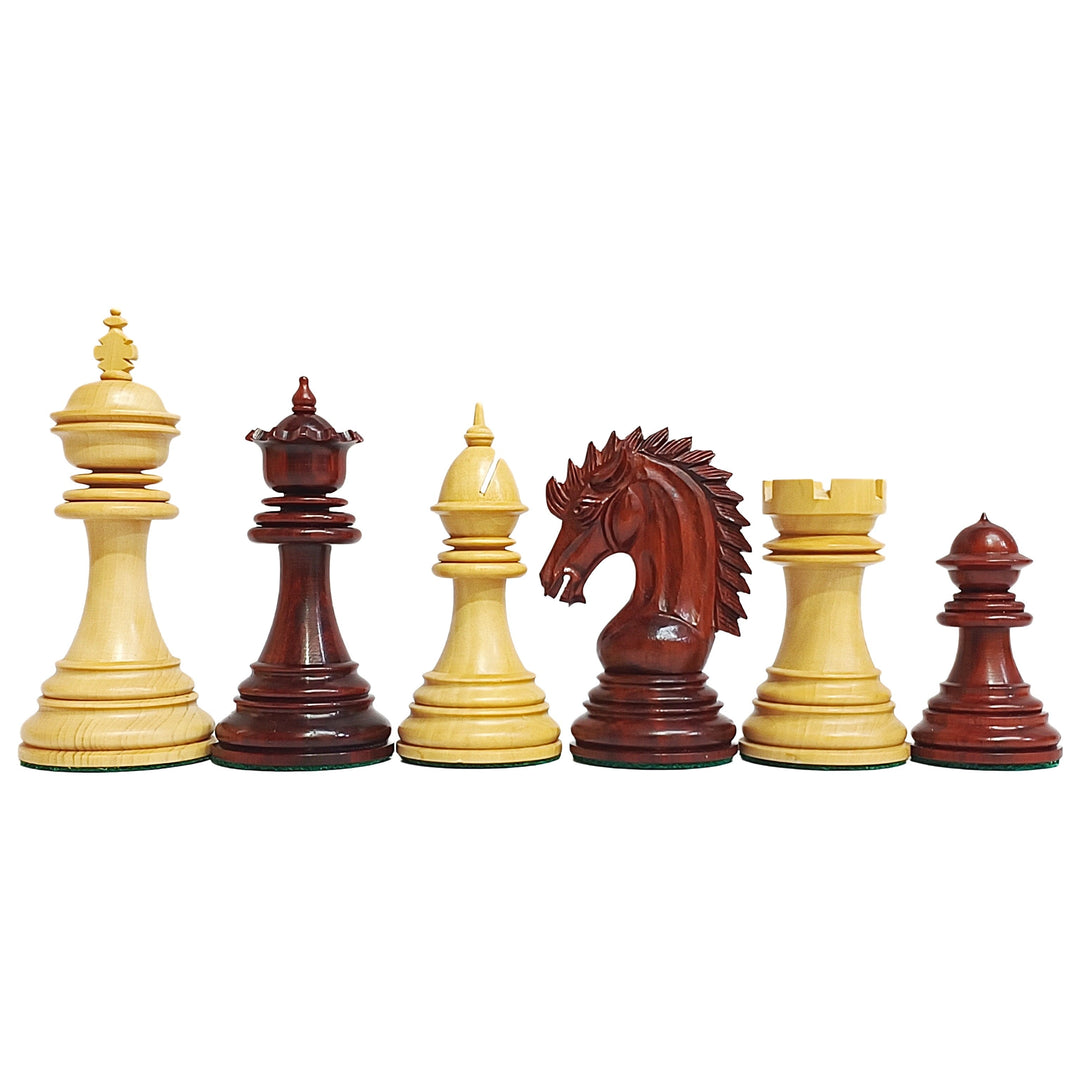
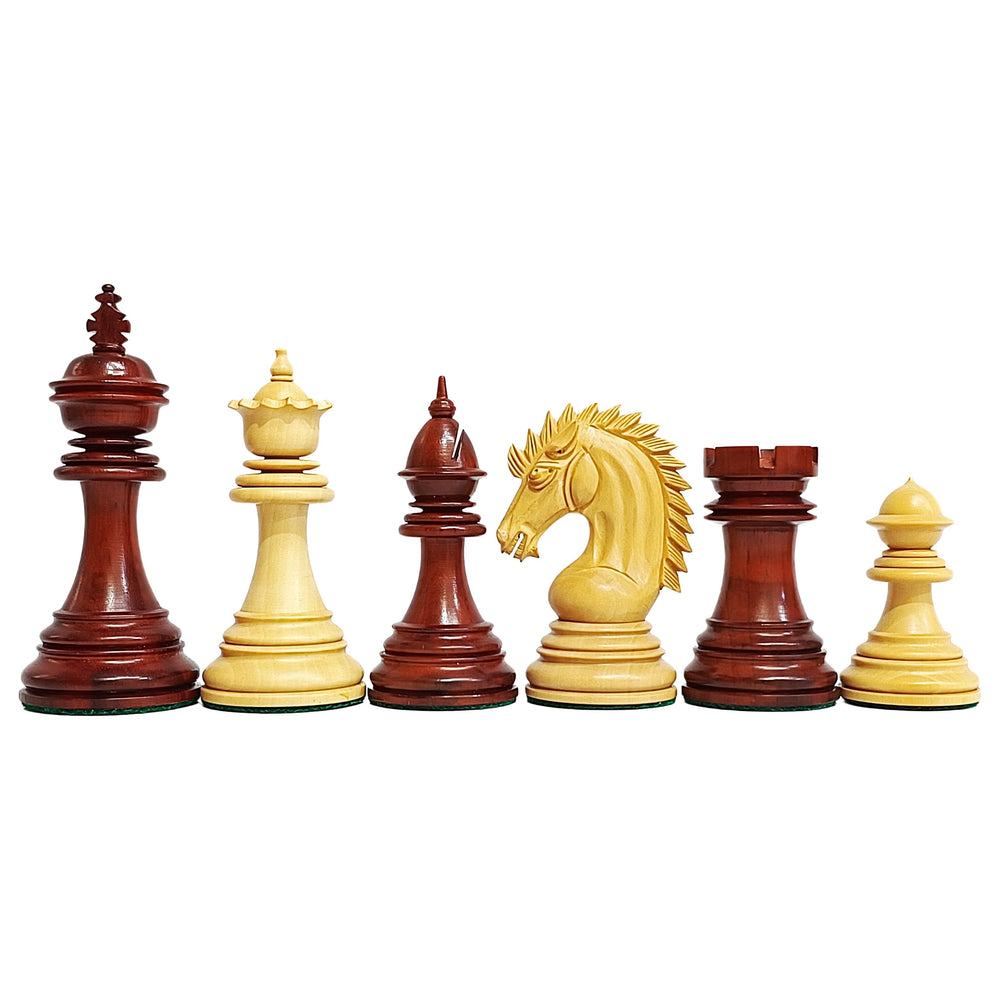




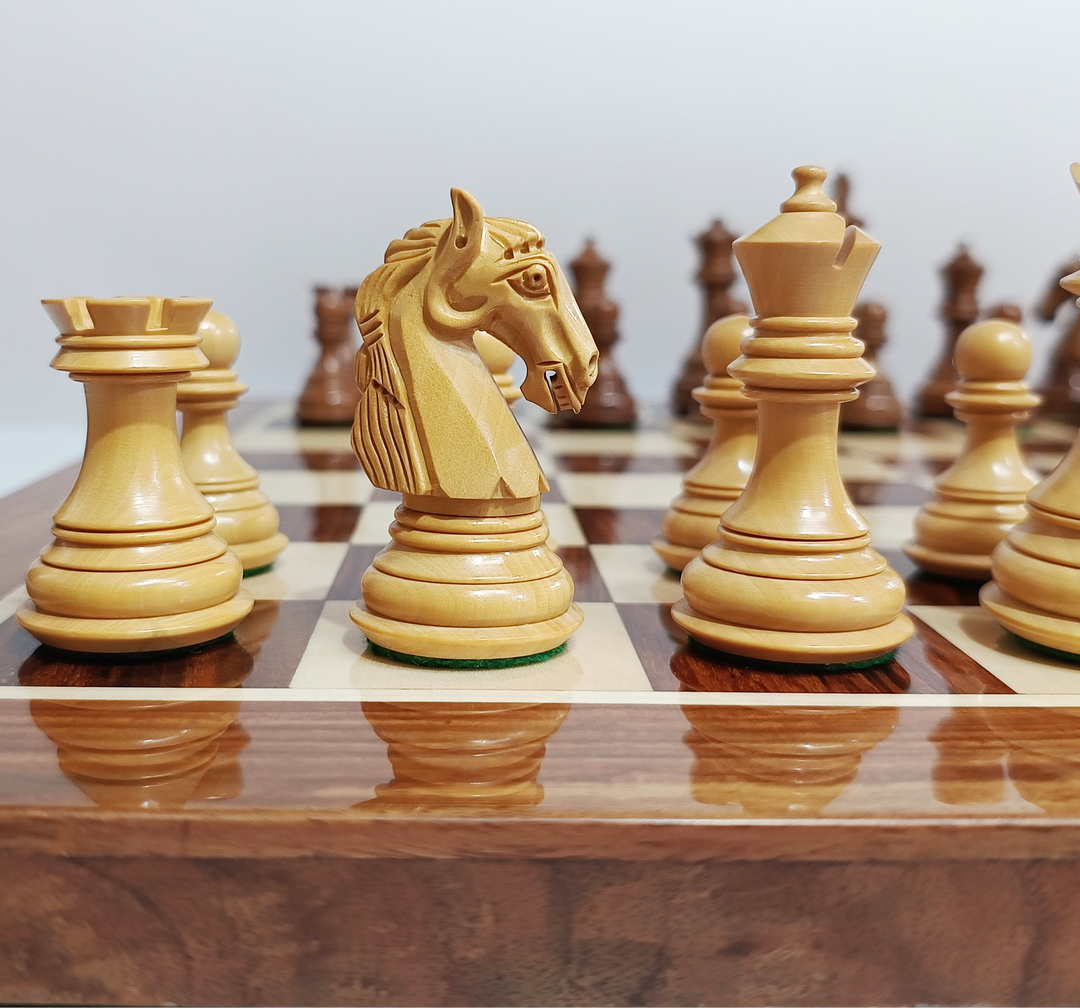
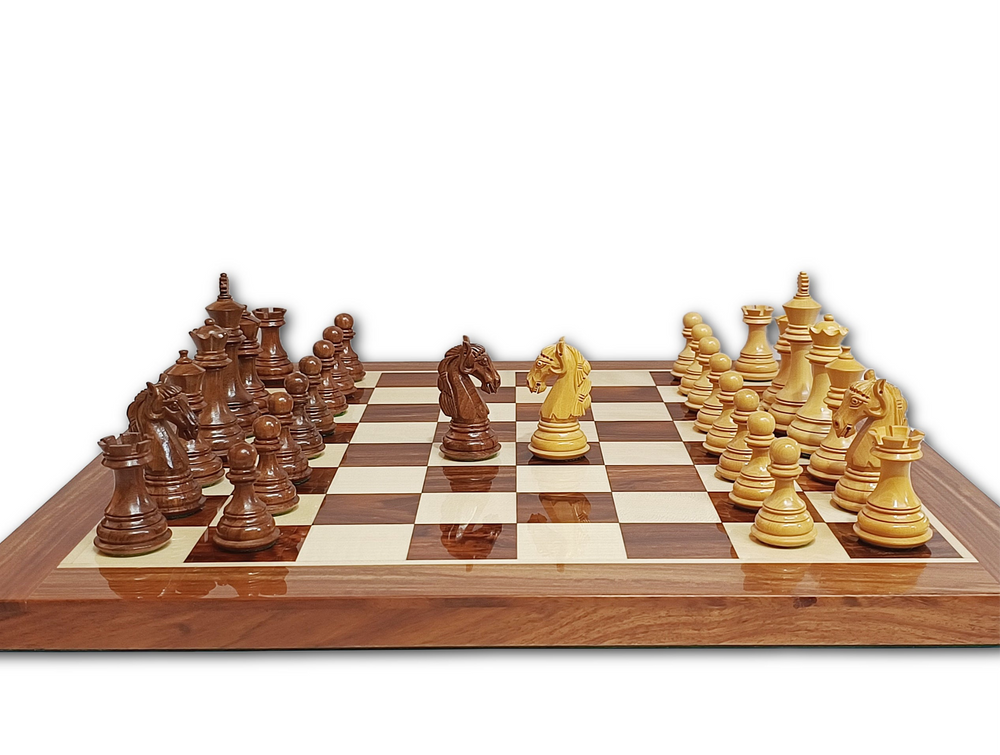
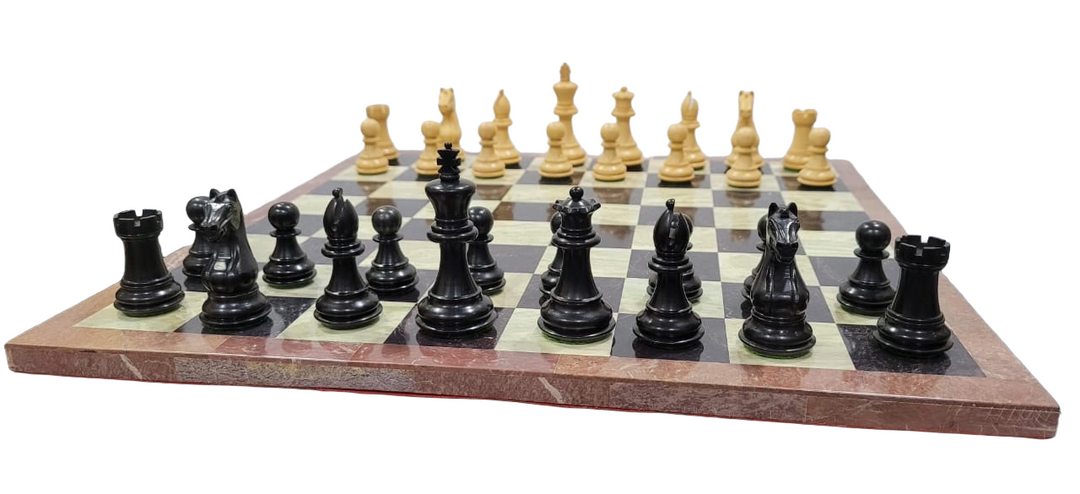
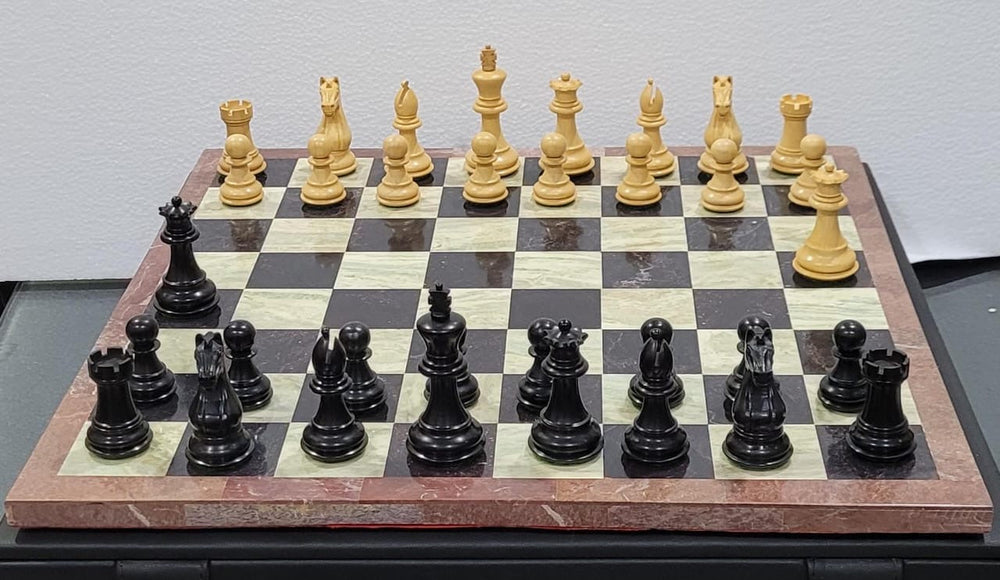
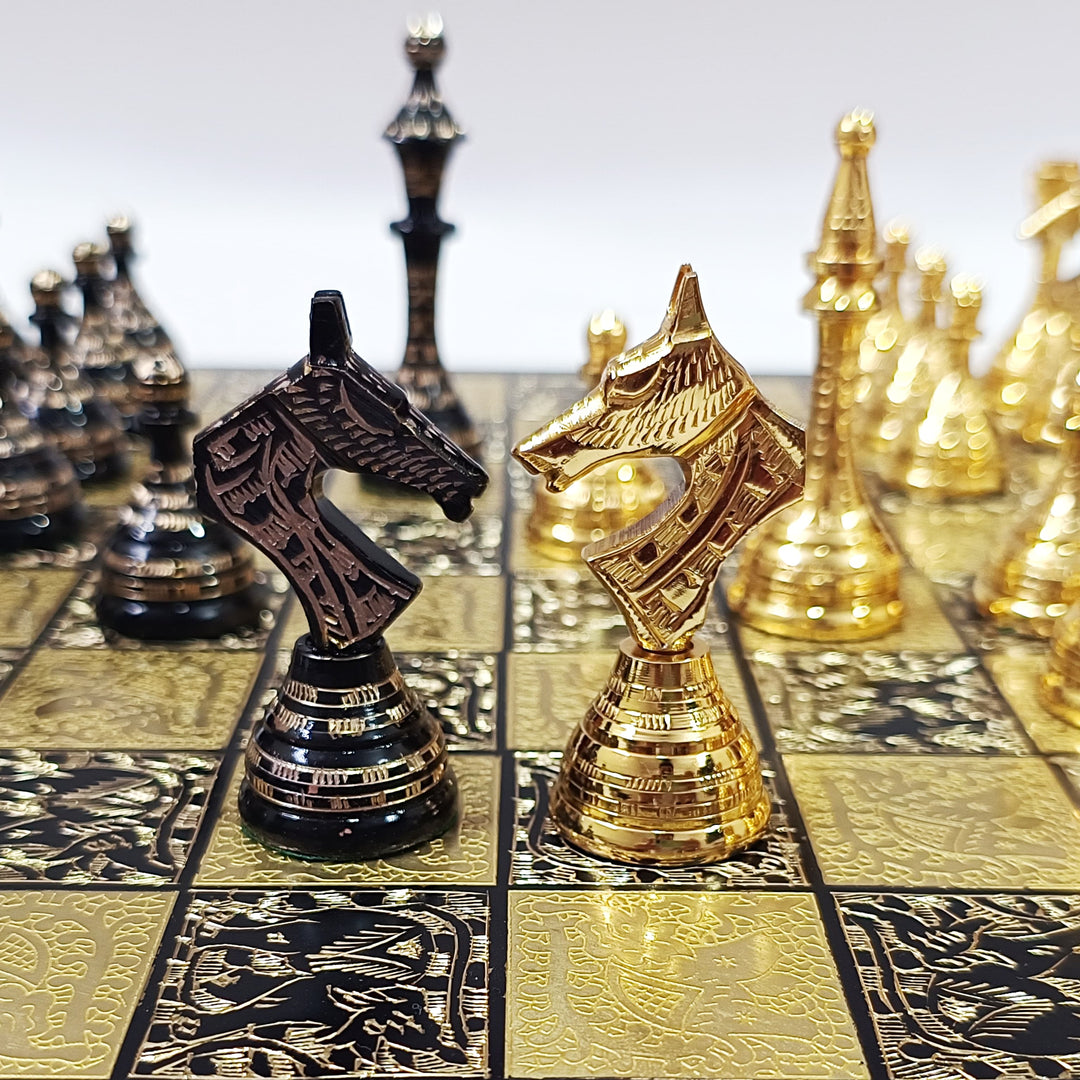
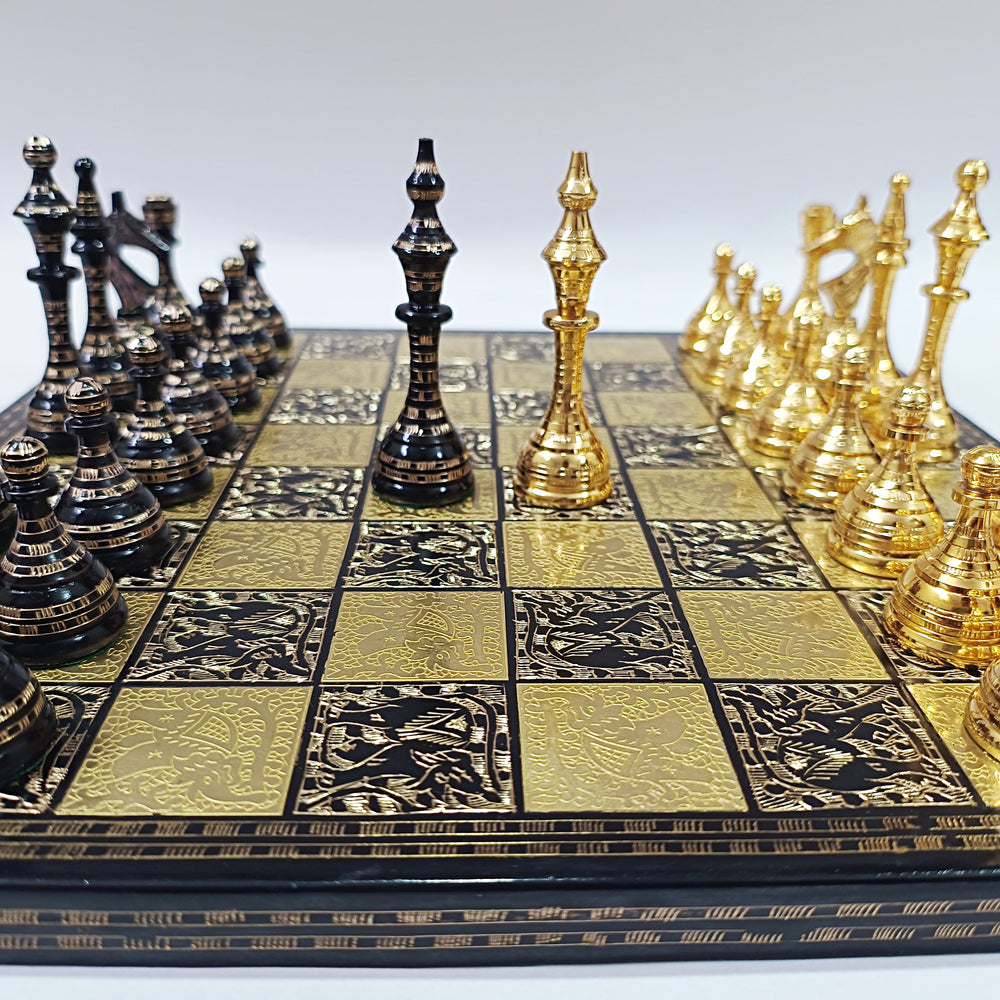


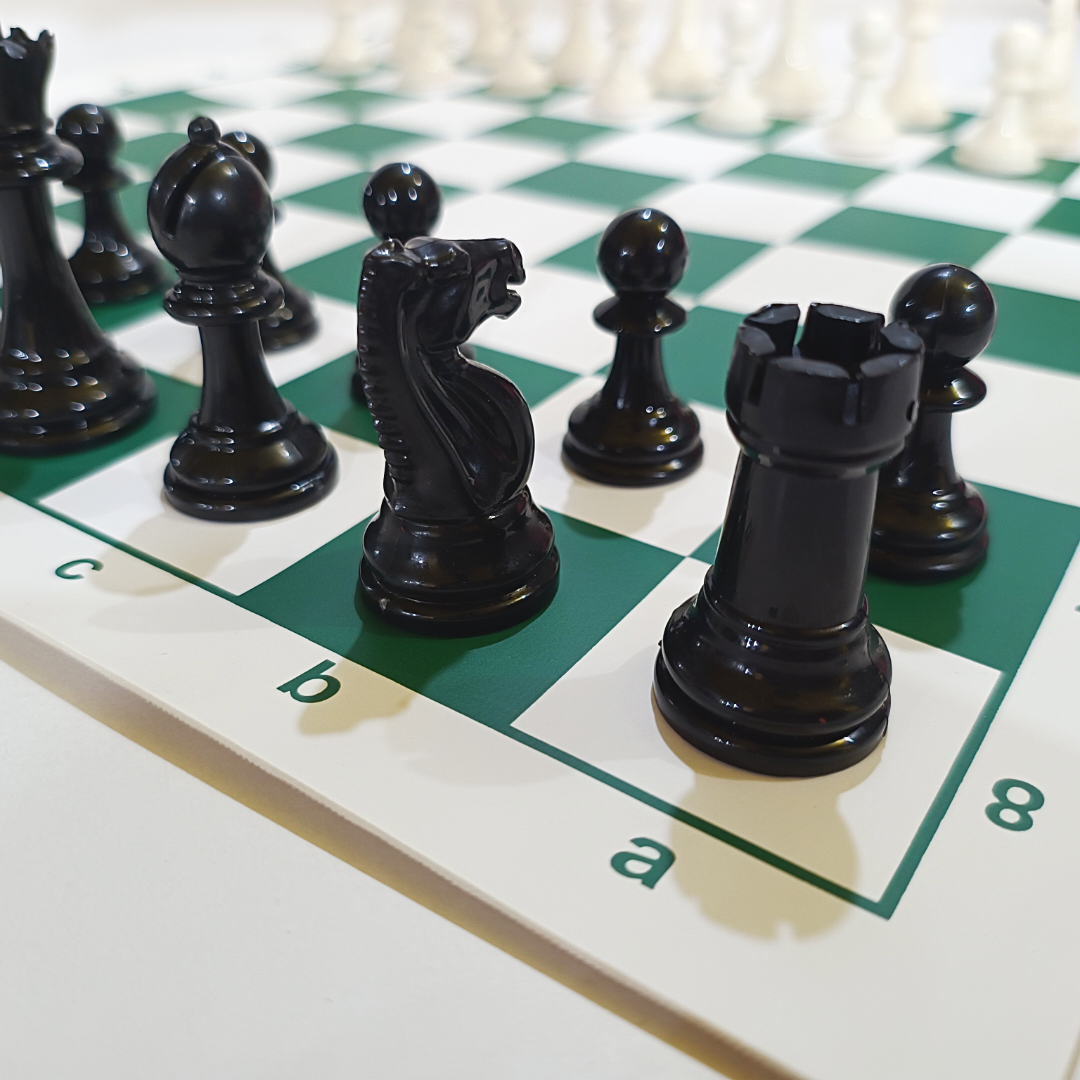
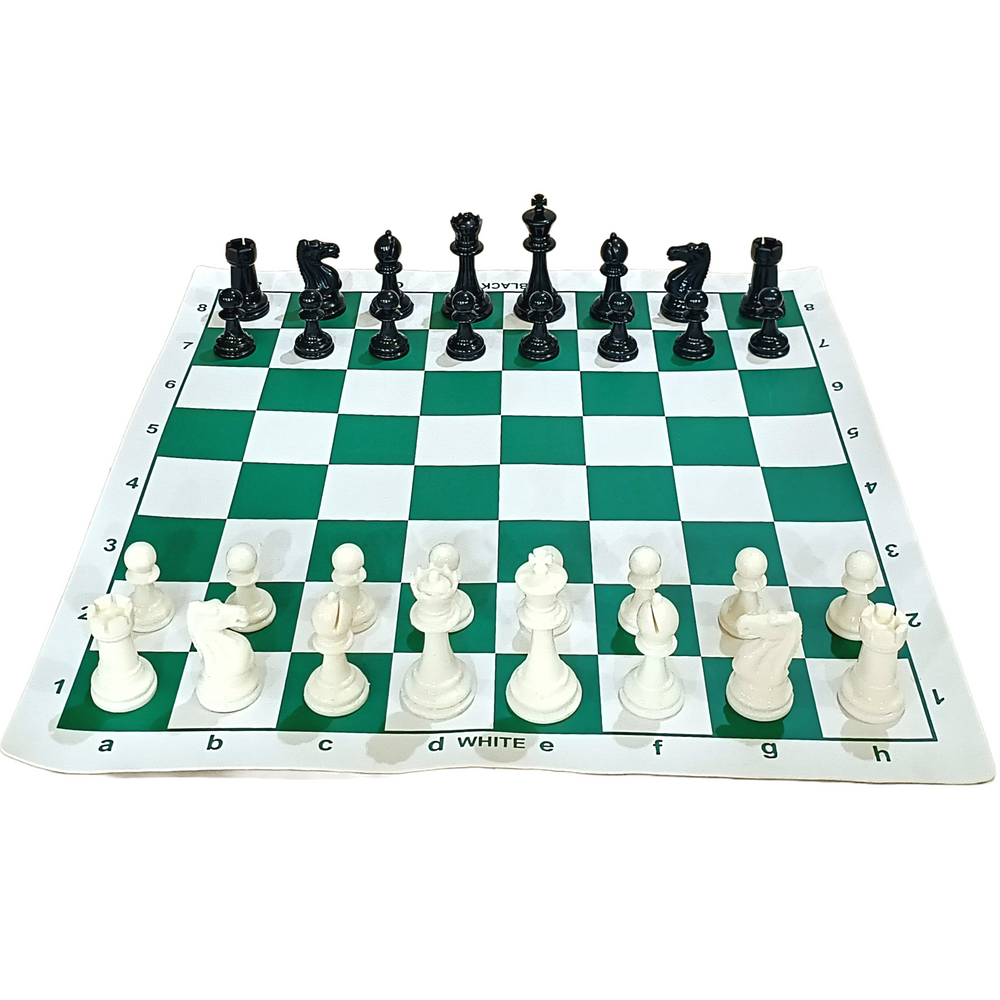






Leave a comment